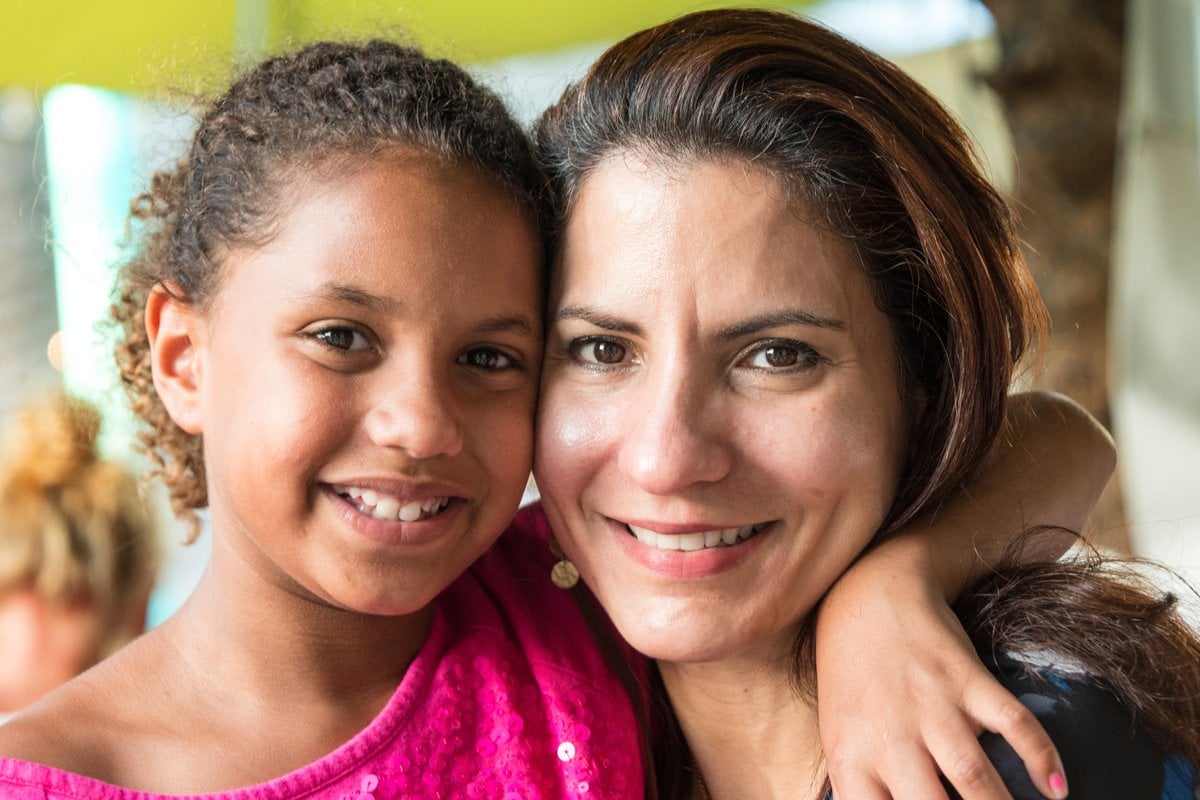
We’re 10 months into 2020 and we’re all feeling it.
We’re exhausted, we're losing motivation, we’re frustrated, but mostly we’re just over it.
But we're not the only ones the pandemic has taken a toll on. Kids have seen major disruption to their daily routines and schooling like they've never experienced before.
Even now as restrictions continue to ease, the world still feels like a very different place (for both kids and adults).
Watch: How to talk to people with anxiety. Post continues below.
So, to help children maintain good mental health - particularly at a time like this - we spoke to Kirrilie Smout, a Clinical Psychologist working with children and teens, to ask what parents can do to help.
Here are her six tips.
1. Sleep and physical exercise are key.
We're always hearing that sleep and physical exercise are good for our mental health and the same goes for kids too.
"Making sure they have good wind down routines, know how to relax their bodies so they can get to sleep, have enough time in bed (but not so long that they are lying in bed awake for hours) and not too many late nights really matters," Kirrilie tells Mamamia.
